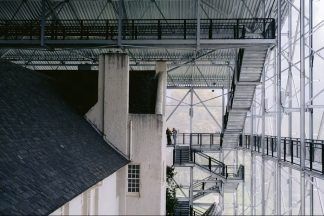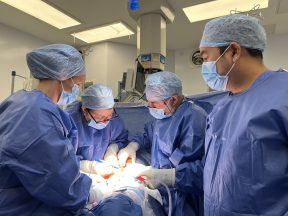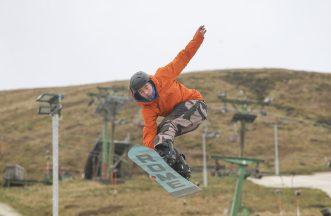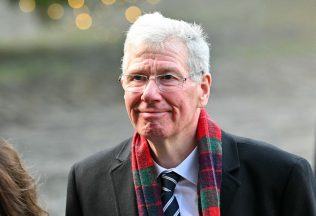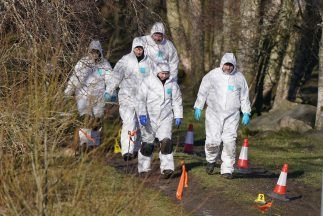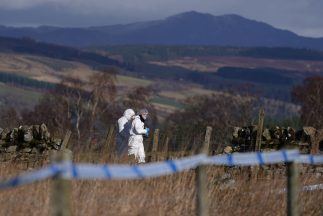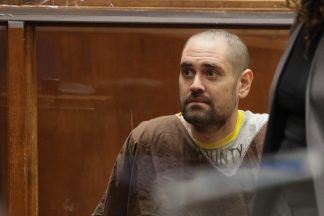NHS Grampian has issued advice following 15 reports of spiking in Aberdeen nightclubs and pubs in recent weeks.
The cases – recorded between September 1 and October 21 – were highlighted during a meeting of Aberdeen City Council’s public protection committee in the wake of reports of incidents around the UK.
Chief superintendent George Macdonald, divisional commander for the north-east, said Police Scotland continues to investigate a “very small number of reports” across the country from people who have been spiked by a needle or through their drink.
A campaign, Girls Night In, is calling for a boycott of nightclubs and bars on Thursday to highlight the issue.
In response to the reports, NHS Grampian has issued a “few simple steps” that can be taken to have a “safe night out”.
John Mooney, public health consultant at NHS Grampian, said: “We are aware Police Scotland is investigating reported incidents of spiking by injection.
“We know this is concerning, but it must be remembered these cases are extremely unusual.
“It remains the case that alcohol is the drug most used to spike drinks, but other substances have been reported.
“Men and women alike are at risk of being spiked. Spiking can occur, not just in licensed premises, but also at house parties.
“We all have a part to play in keeping each other safe and reducing the harm caused by alcohol and other drugs; not only by taking sensible precautions on nights out, but also by challenging any suspicious behaviour.
“Whether you know them or not, if you suspect an individual is spiking drinks, call them out on it, or let venue staff know of your concerns.”
NHS Grampian’s ‘simple steps’
- Monitor your alcohol intake and stay in control.
- Stay together with friends.
- Have plans for getting out/home.
- Make sure your phone is charged.
‘If you think you or your friend has been spiked’
- Speak to a member of staff at the venue as soon as you can — they want you to be safe and should be trained to help.
- Stay with them, keep talking to them and reassuring them that you’re getting help.
- Encourage them to avoid taking any more drugs, including alcohol.
- Prevent them from leaving the venue alone or with anyone you don’t trust and who can’t prove they know them well.
- Report the incident to Police Scotland.
Mr Mooney added: “There has been a great deal of coverage of incidents of spiking by injection.
“Generally speaking, most people will feel the pain of a needle, even if under the influence of alcohol or other substances.
“Injecting someone with enough drugs to incapacitate them would likely take between 15-20 seconds, long enough for an individual to realise what is happening.
“I would like to remind everyone that it is extremely rare to contract HIV or hepatitis from a needle stick injury.”
‘Small but notable increase of spiking reports in October and November’
CS Macdonald said Police Scotland is aware of the many posts circulating on social media, but the reports are not believed to be linked.
He added: “Each year we receive a small number of reports of what can be termed spiking, with a small but notable increase in October and November.
“We are not always able to determine the reasons why a perpetrator carries out an assault in this way, and it may not always be for a sexual purpose.
“It can put people at significant risk of harm. We will take every report extremely seriously and investigate robustly.
“Women, and men, should be able to go out for a night out without fear of being spiked.
“We are working with a range of partners, locally and nationally, to ensure pubs and clubs are safe spaces for all. This includes working with licensees.
“Anyone who reports having their drink spiked, or has been assaulted by whatever means, will be taken seriously.
“We would encourage anyone who believes they have had their drink spiked or been assaulted in this way to contact Police Scotland on 101 or in an emergency 999.”
Health board advice
- If you are concerned you have had contact with bodily fluids which may contain HIV or hepatitis, it is important you seek help as soon as possible by calling 111, attending an emergency department, or contacting Grampian Sexual Health who can provide HIV and hepatitis B post-exposure prophylaxis (PEP).
- PEP for HIV is a medication that prevents the transmission of HIV. It should be taken as soon as possible, but it can be taken up to 72 hours after exposure. The earlier it is taken the more effective it is.
- If you are concerned regarding a possible sexual assault, please contact Police Scotland on 101 or in an emergency 999. Alternatively, you can contact Grampian Sexual Health on 0345 337 9900.
- If you are concerned you may have been spiked and are looking for general health advice, you should contact your GP.
Follow STV News on WhatsApp
Scan the QR code on your mobile device for all the latest news from around the country


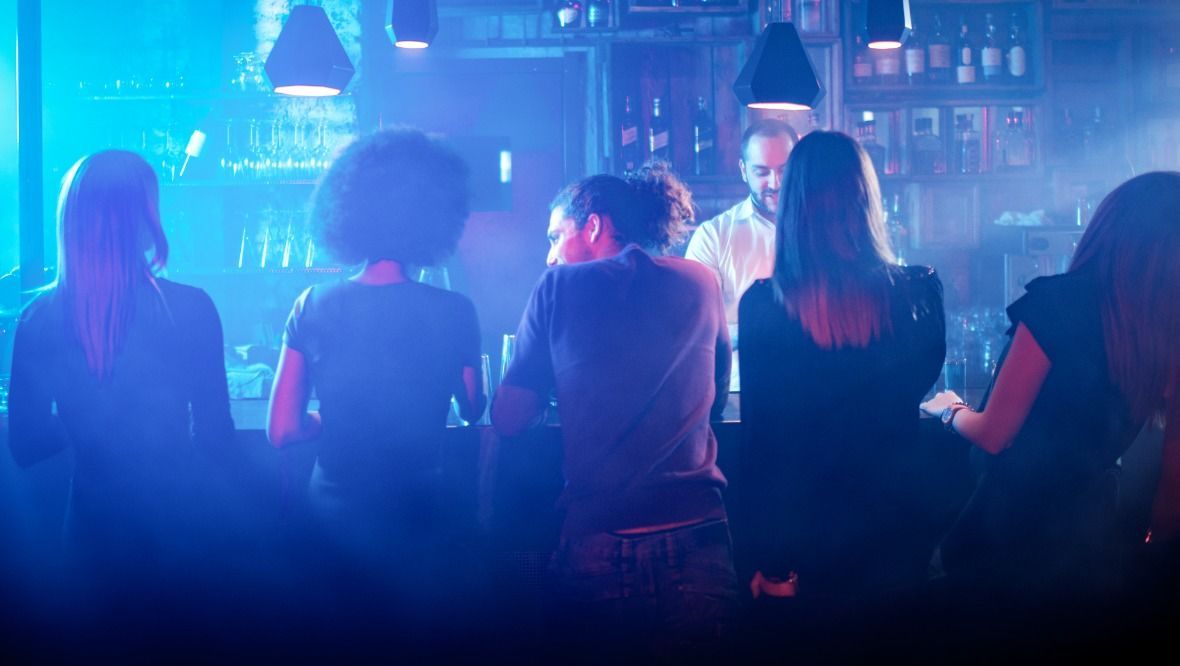 iStock
iStock

